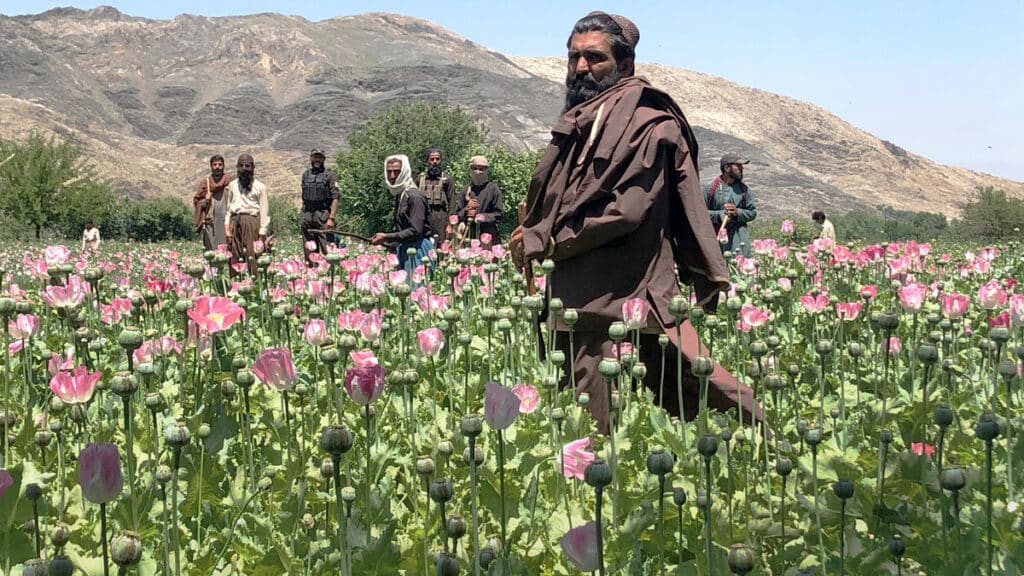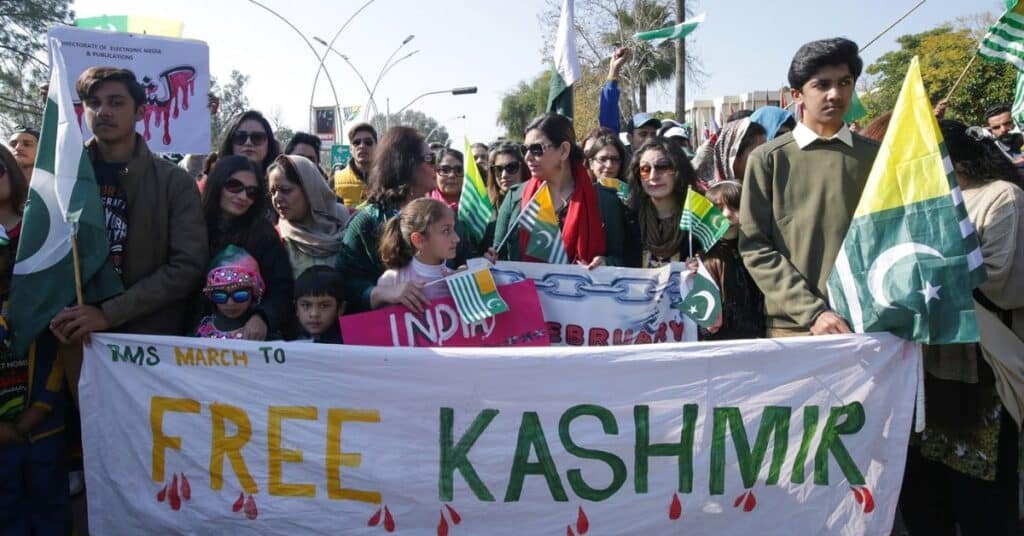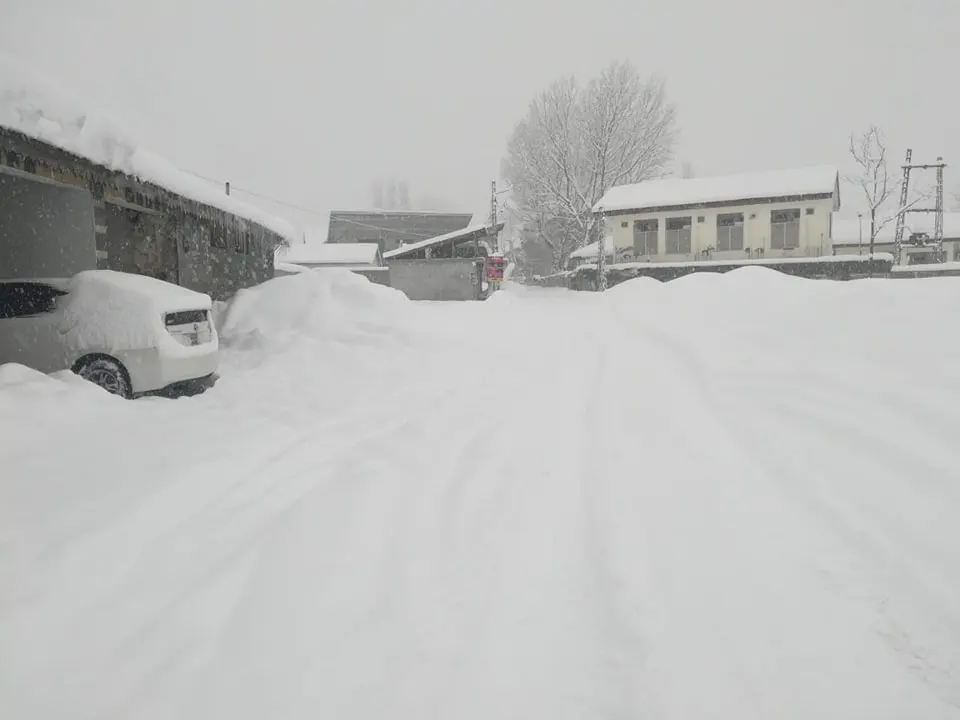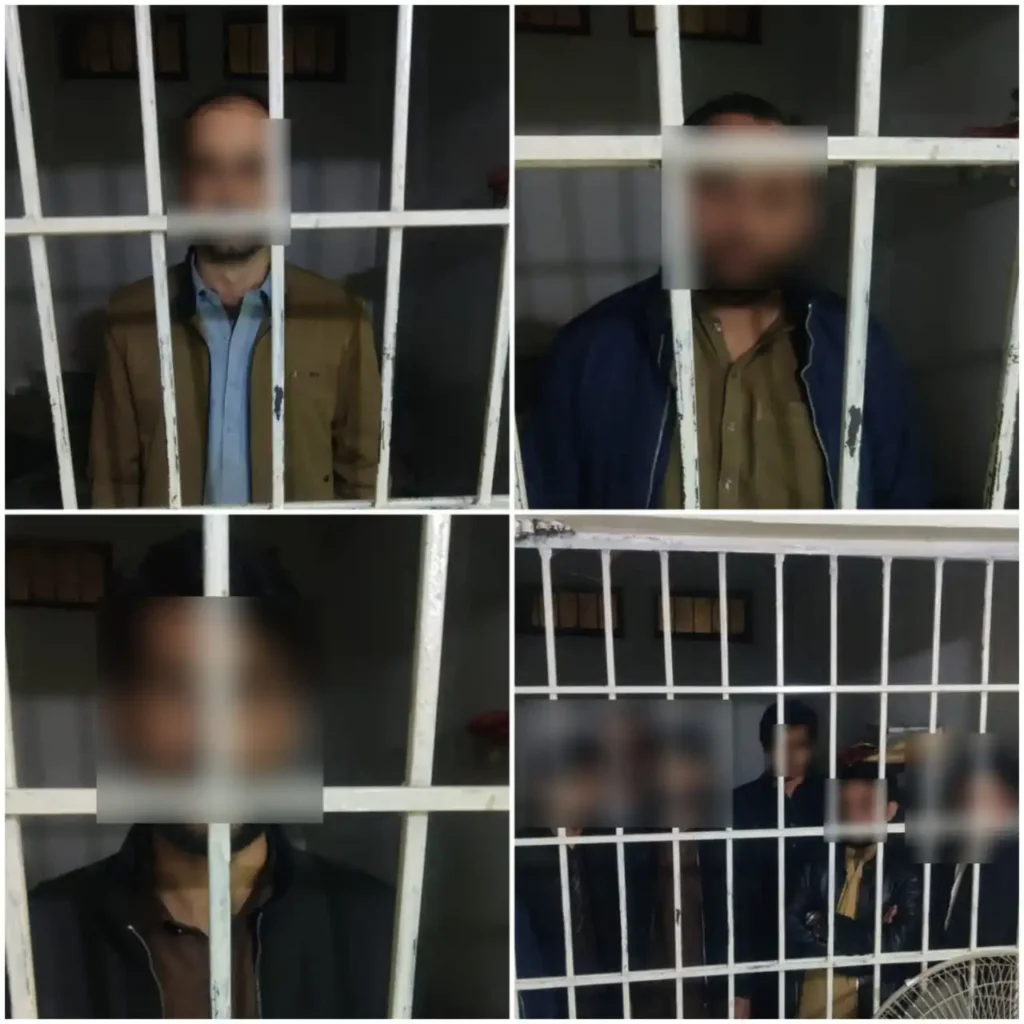PESHAWAR: Large-scale poppy cultivation has been discovered in Dera Ismail Khan district of Khyber Pakhtunkhwa and nearby border areas of Balochistan, raising serious concerns about the link between drug trafficking and terrorism in Pakistan.
Sources say poppy is being grown over hundreds of kanals, particularly in Pastwari and Kochmina. The opium produced is worth millions of dollars.
At least forty militants, including wanted terrorists Tariq Kalachi and Habib ur Rahman, have established hideouts in the region. More terrorists are reportedly arriving. Local sources say Afghan labourers are working on the poppy fields, allegedly funded by the “Faizullah Ikhwani Group.”
Alarmingly, opium harvested from these fields is being sold online. Funds from these sales are believed to finance terrorist activities in Pakistan, threatening national security.
The United Nations Office on Drugs and Crime (UNODC) confirmed a sharp decline in Afghanistan’s opium production until 2023. However, recent trends show a resurgence in drug cultivation. Traffickers and militants are now turning to Pakistan’s border regions as a new hub for narcotics.
Immediate government action is needed to address this growing crisis. A strong counter-narcotics strategy is essential to dismantle these illegal operations and cut off financial support for terrorist groups. The Anti-Narcotics Force, alongside local authorities and law enforcement, must coordinate efforts to clear the affected areas.
A decisive crackdown on the drug-terrorism link is crucial for Pakistan’s security and regional stability. Failure to act swiftly could allow these criminal networks to grow stronger and increase internal security threats.





